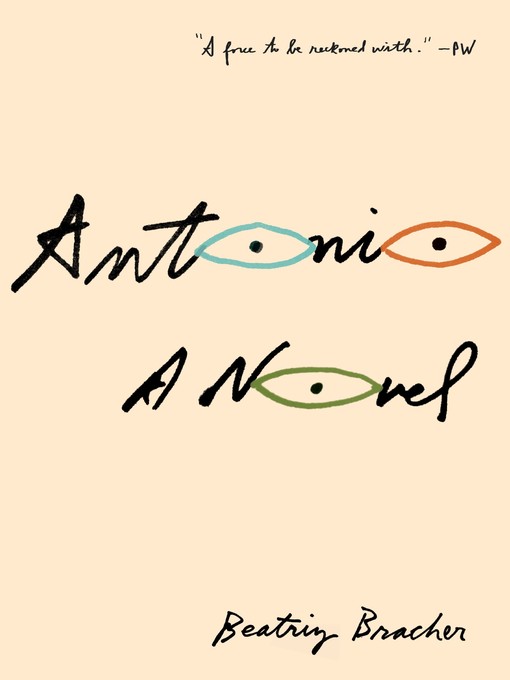
Antonio
کتاب های مرتبط
- اطلاعات
- نقد و بررسی
- دیدگاه کاربران
نقد و بررسی

Starred review from January 4, 2021
Brazilian Bracher (I Didn’t Talk) takes a dazzling look at the invisible burdens that haunt a well-to-do family in contemporary Brazil. The novel follows Benjamim, a young man on the cusp of fatherhood, who has recently learned that his mother had the child of his paternal grandfather before his father was born. Though both men are dead, Benjamim feels compelled to reach out to Haroldo, his grandfather’s best friend; Isabel, his grandmother; and Raul, his father’s friend, to learn as much as he can about the roots of the tragedy. Yet each of the people he contacts has different blind spots, and each has their own agenda, too, even as they do their best to help Benjamim piece together the truth. Contradictions abound, facts blur, and yet a cohesive narrative of great loss comes together. Bracher simultaneously pulls off a searing portrait of class in São Paulo—“We weren’t a rich family, but we were a ‘good’ family, and that was what mattered,” Isabel tells Benjamim—and of both hereditary trauma and family tenderness. This spellbinding and surprising work announced Bracher as one of the most fascinating contemporary Brazilian writers.

February 15, 2021
Accreting through cumulative and sometimes contradictory accounts of a crumbling S�o Paulo dynasty, this philosophical novel examines what people present and what they conceal, even from themselves. On the cusp of becoming the father of a baby boy to be named Antonio, Benjamim, a graphic designer from Rio de Janeiro, has traveled to his own father's hometown of S�o Paulo. Although we have neither dialogue from nor, for the vast majority of the book, even a glimpse of this central character, we gradually glean through the single-sided conversations directed at him by his three interlocutors--his father's friend Raul, his grandparents' friend Haroldo, and his paternal grandmother, Isabel, who is dying alone in a hospital room--that he is seeking answers about his father, Teodoro. To what purpose, precisely, is never revealed, but as the youngest and most promising child of a prominent and once-affluent family, Teo fled S�o Paulo for the countryside, not just "to come into contact with the earth of our land," Haroldo theorizes. "He wanted to become it." Here he suffered from a long, untreated mental illness and eventual breakdown that led to his death when Benjamim was still a boy. The tale of his father's self-exile from the city of his birth unfolds as Benjamim learns who Teo was as a son and a man apart from the parent he knew. In gradually accumulating details, he is told of the death of his grandfather Xavier's first child and Benjamim's namesake, Xavier's subsequent collapse and commitment to a "rest home," and how the pseudo-Oedipal story of his own existence evolved from this tragedy. By chapters, the book cycles among Raul's, Haroldo's, and Isabel's recollections on the major events in Teo's and Xavier's lives and the broader family history, a careful study of the unreliability of witness filtered through memory, time, and one's own perception and self-regard. Turning the focus among these three perspectives by minute degrees, Bracher and translator Morris render a sophisticated, multifaceted portrait of a family that endures nevertheless through its decline and the prolonged fallout from the choices they made--or that were left them--through the lives they lived. An elegant and nuanced meditation on family, class, perception, illness, and death.
COPYRIGHT(2021) Kirkus Reviews, ALL RIGHTS RESERVED.

























دیدگاه کاربران